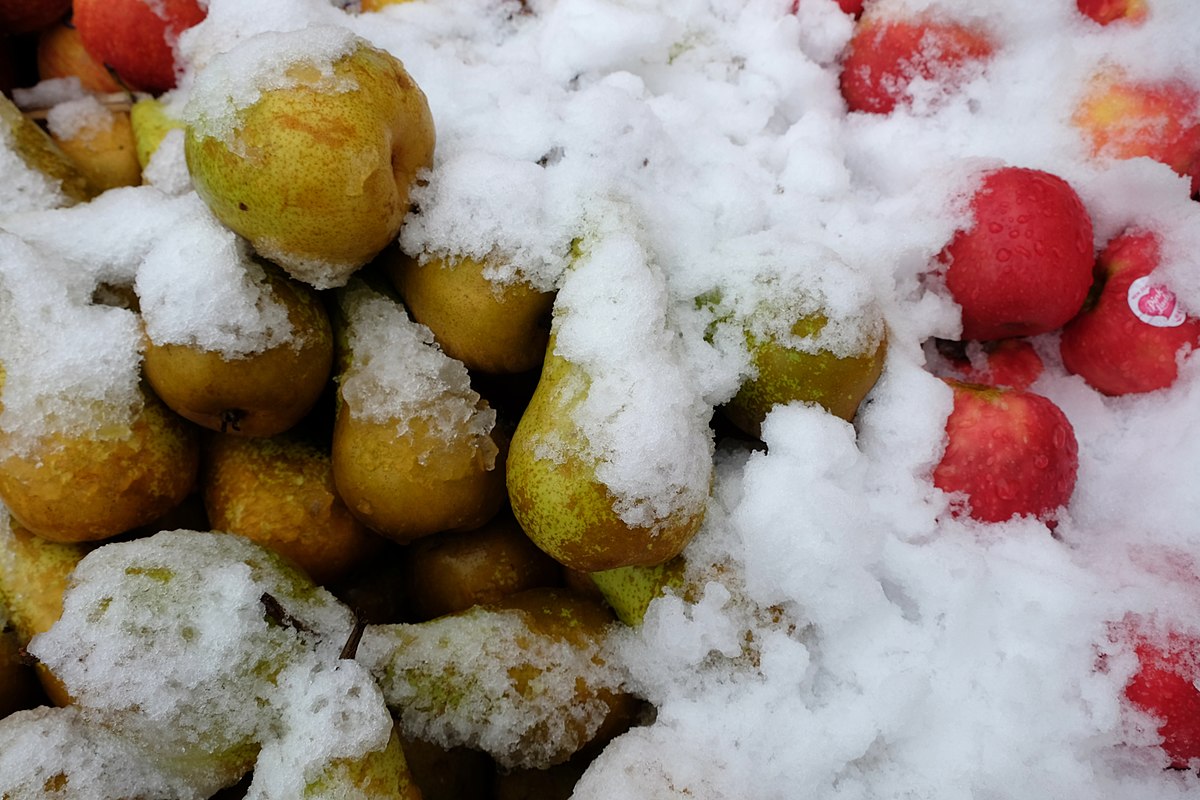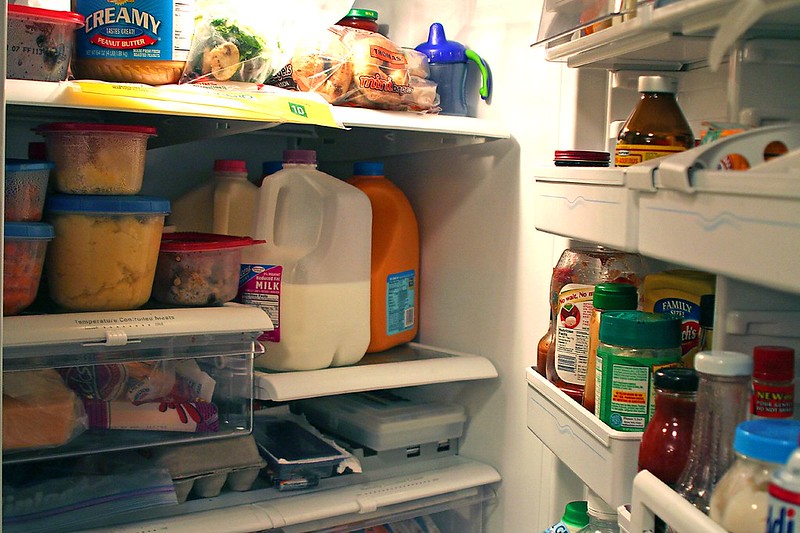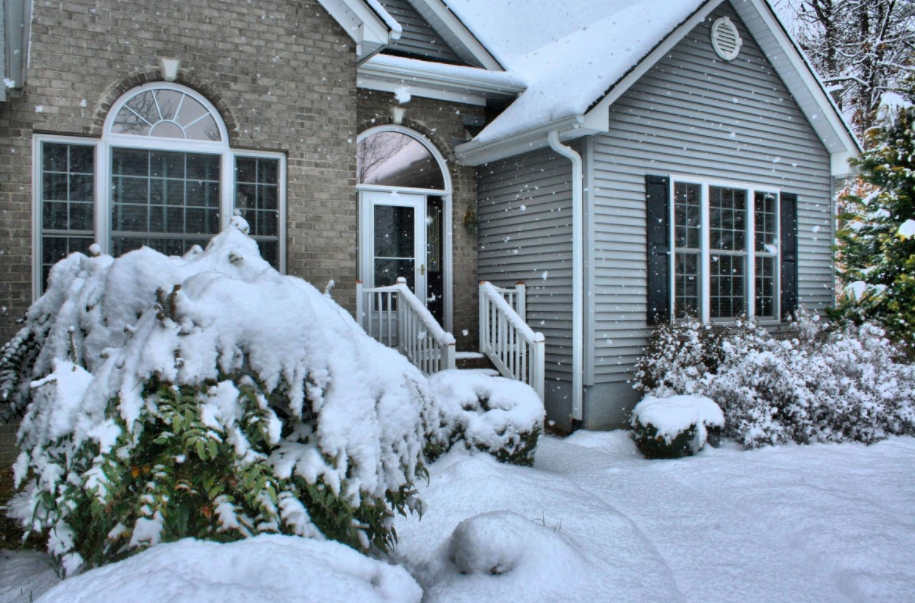The USDA Is Warning People Not To Put Food In The Snow When Their Freezer Loses Power
The United States is suffering from extreme weather and that has led to blackouts in many areas. When people lose power, one of the biggest concerns is the food they may have in their refrigerator and freezer. That is especially true during the pandemic because we try to keep more food on hand.
Many people think about it logically, and if the electricity goes out for an extended amount of time, they just take their food outside and put it in the snow and cold. However, the USDA’s Food Safety and Inspection Service is warning people not to do so.

They answer the following question on their website: If a snowstorm knocks down power lines, is it okay to put food from the freezer or refrigerator in the snow?
The short answer is no.
The FSIS goes on to list numerous reasons why it is a bad idea. They also give some ideas on how you can keep your food from spoiling if the electricity goes down.

If there is no electricity, the food in your refrigerator will stay safely cold for approximately 12 hours. The real key to keeping it safe is not to open the refrigerator, as that lets the cold out quickly. If a freezer is full, it will hold the cold temperatures for about 48 hours and if it is half full, it will stay safe for 24 hours. Again, you need to keep the door closed.
The FSIS also offers the following suggestion if the power is going to be off for an extended amount of time: “obtain dry or block ice to keep your refrigerator as cold as possible.” They go on to suggest that you can make ice if the temperatures are cold outside. They suggest that you fill empty containers with water and allow them to freeze outdoors. Then you can bring the ice inside and put it in a cooler, the refrigerator, or the freezer.

There is a difference between being prepared for a power outage and dealing with the situation once it happens. Check out the FSIS website for additional tips on how to prepare properly. It’s always a good idea to hope for the best and plan for the worst.













